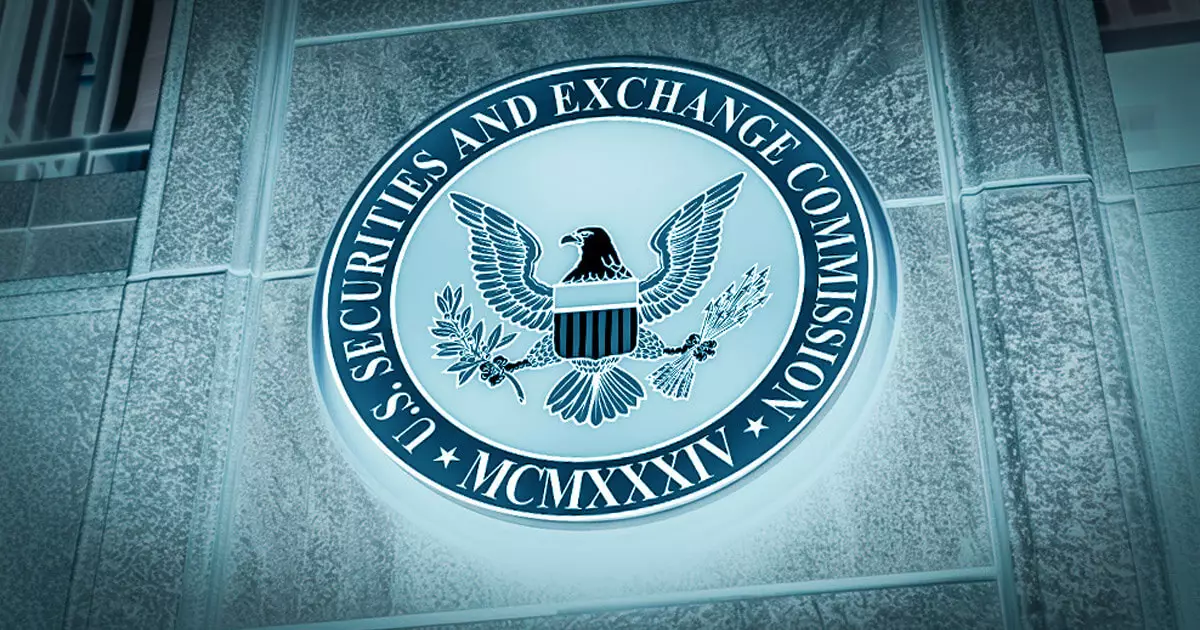In a significant move that underscores the evolving relationship between decentralized finance (DeFi) and regulatory frameworks, the US Securities and Exchange Commission (SEC) reached a settlement with the decentralized autonomous organization (DAO) of Mango Markets and the Blockworks Foundation on September 27. This case, which emerged following a $100 million exploit in 2022, has not only spotlighted the vulnerabilities inherent in decentralized platforms but has also raised important questions regarding regulatory compliance within the crypto landscape.
The settlement, which includes a hefty $700,000 penalty, requires both the Mango DAO and Blockworks Foundation to destroy their MNGO tokens. Furthermore, they must request the removal of these tokens from exchanges and cease all promotional activities related to them. Notably, the settlement does not imply either party’s admission of guilt regarding the SEC’s allegations, a common feature in such cases that allows companies to avoid the admission of wrongdoing while still complying with regulatory demands. This approach highlights the complex interplay between companies attempting to navigate legal landscapes and regulatory bodies pushing for compliance.
Mango’s recent decisions were not made in isolation; they followed a vote within the DAO to settle the SEC’s claims. This community-driven resolution reflects a trend in DeFi where governance is often decentralized, yet players must grapple with centralized regulatory authorities that do not necessarily acknowledge this mode of operation. A subsequent proposal for a $500,000 settlement with the Commodity Futures Trading Commission (CFTC) could further cement this case as a benchmark for how regulatory bodies interact with decentralized entities in the future.
The genesis of the SEC’s complaint against Mango Markets dates back to its fundraising efforts, wherein over $70 million was raised in August 2021 through the sale of MNGO governance tokens. The SEC’s claims align with the agency’s longstanding interpretation of the Securities Act of 1933, which asserts that selling tokens to U.S. residents constitutes the sale of unregistered securities. The crux of the SEC’s argument is the assertion that regardless of the operational framework—be it traditional or decentralized—entities engaged in these practices are bound by securities laws.
The SEC explicitly stated that the DAOs are not exempt from regulatory scrutiny. They emphasized that even the architecture of automated systems and open-source technologies does not absolve their operators from legal obligations. This assertion is likely to resonate across the crypto space, prompting other decentralized platforms to reevaluate their compliance strategies with existing regulations.
A Turning Point for the Crypto Industry
The Mango Markets case is emblematic of a broader, ongoing trend in which regulatory bodies are seeking to delineate the boundaries of legality within the crypto sector. With enforcement actions increasing, entities operating in the DeFi space are urged to remain vigilant and proactive in ensuring their compliance with regulations. This development highlights a critical turning point for the crypto industry—an era where traditional financial regulations may increasingly encompass the decentralized projects that have historically operated in legal grey areas.
As the industry continues to evolve, the outcome of the Mango Markets incident could serve as a harbinger for future regulatory frameworks, emphasizing the undeniable intersection of innovation and accountability in the expanding world of decentralized finance.


Leave a Reply